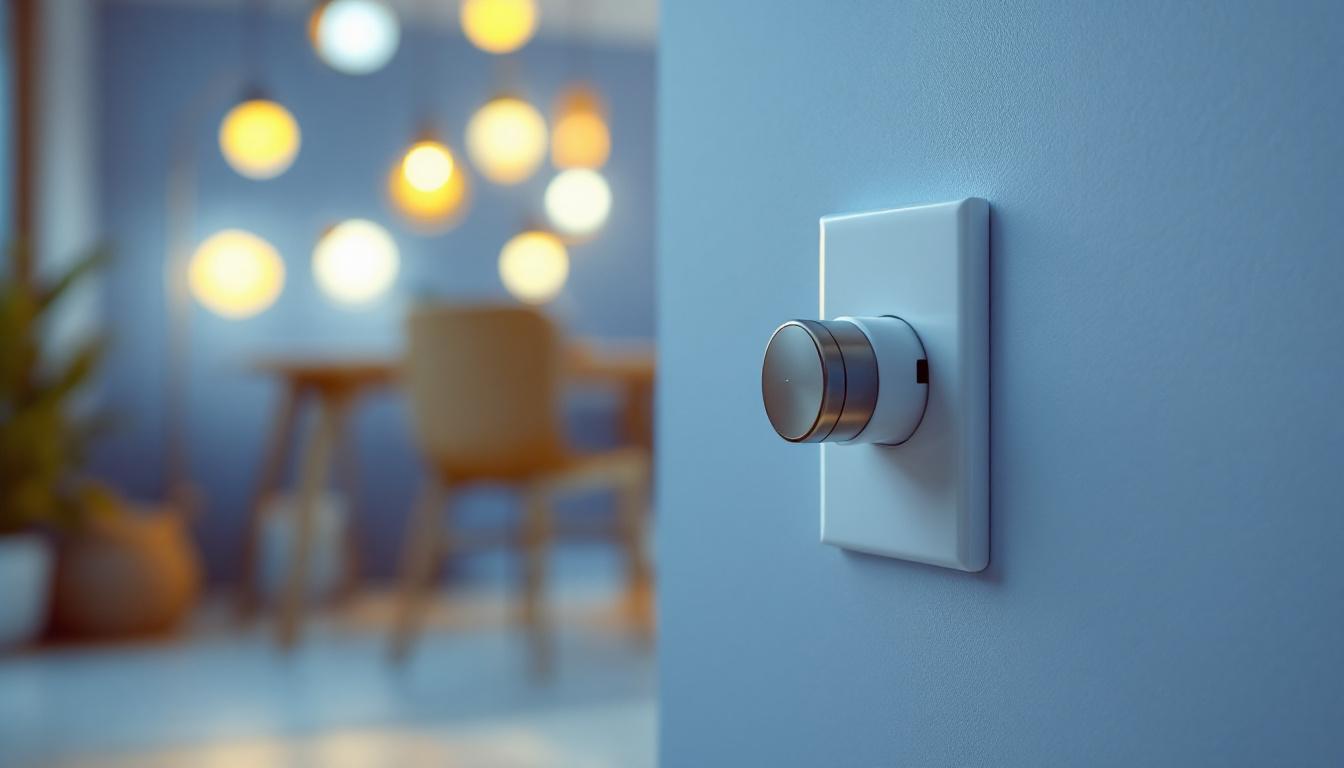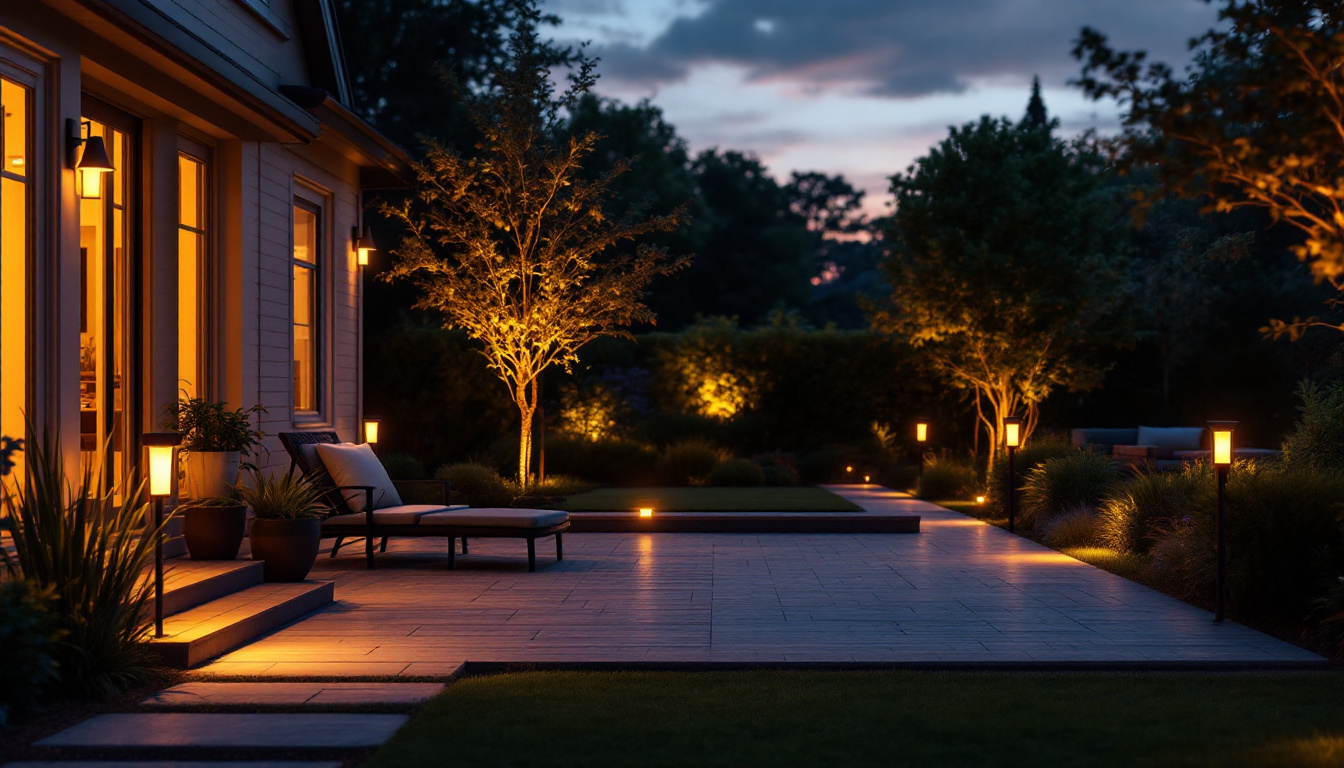
Lighting is an essential aspect of any construction or renovation project, and selecting the right light fixture companies is crucial for lighting contractors. This article explores best practices that can help contractors navigate the complexities of the lighting industry, ensuring they provide high-quality solutions to their clients.
Before diving into the specifics of working with light fixture companies, it is vital for lighting contractors to understand the current market landscape. The lighting industry is continually evolving, influenced by technological advancements, design trends, and sustainability practices. For instance, the shift towards smart lighting solutions has transformed how consumers and businesses approach their lighting needs, integrating automation and energy efficiency into everyday use. This evolution not only enhances convenience but also aligns with the growing demand for eco-friendly solutions, prompting manufacturers to innovate continuously.
Contractors should familiarize themselves with the various types of lighting available, including LED, fluorescent, and incandescent options. Each type has its own set of advantages and disadvantages, which can significantly impact the choice of fixtures for a project. LEDs, for example, are lauded for their energy efficiency and longevity, making them a popular choice in both residential and commercial settings. In contrast, while incandescent bulbs offer warm light and are often favored for their aesthetic appeal, they are less energy-efficient and have a shorter lifespan, which can lead to higher long-term costs.
When selecting light fixture companies, contractors should conduct thorough research. This includes evaluating the company’s reputation, product offerings, and customer service. Online reviews, industry forums, and word-of-mouth recommendations can provide valuable insights into a company’s reliability and quality. Furthermore, contractors should consider the company’s history and experience in the industry, as established firms often have a proven track record of delivering high-quality products and services that meet or exceed customer expectations.
Additionally, attending trade shows and industry events can offer contractors the opportunity to meet manufacturers face-to-face, allowing for a more personal connection and a deeper understanding of their products. These events often showcase the latest innovations and trends in lighting, providing contractors with the knowledge they need to make informed decisions. Networking with other professionals in the field can also lead to valuable partnerships and collaborations that enhance project outcomes.
Quality is paramount when it comes to light fixtures. Contractors should prioritize companies that offer durable, well-constructed products. This not only ensures longevity but also minimizes the likelihood of returns or replacements, which can be costly and time-consuming. In addition to assessing the physical attributes of the fixtures, contractors should also consider the technology used in the products, such as energy-efficient drivers and advanced thermal management systems that can enhance performance and lifespan.
Inspecting product specifications, certifications, and warranties can provide further assurance of quality. Look for fixtures that comply with industry standards, as this often indicates a commitment to safety and performance. Moreover, understanding the warranty terms can be crucial; a robust warranty not only reflects the manufacturer’s confidence in their product but also provides peace of mind for contractors and their clients. Engaging with manufacturers about their testing processes and quality control measures can further illuminate the reliability of the products being considered, ensuring that contractors make choices that uphold their reputation for excellence.
Establishing strong relationships with light fixture companies can significantly benefit lighting contractors. A good supplier relationship can lead to better pricing, priority access to new products, and enhanced support throughout the project lifecycle.
Contractors should aim to communicate openly and regularly with their suppliers. This includes discussing project requirements, timelines, and any potential challenges that may arise. A collaborative approach fosters trust and can lead to more favorable terms and conditions.
Effective negotiation is an essential skill for lighting contractors. When discussing terms and pricing with light fixture companies, it is important to be well-prepared. Understanding the market rates for specific products can provide leverage during negotiations.
Contractors should also consider bulk purchasing options. Many suppliers are willing to offer discounts for larger orders, which can significantly reduce overall project costs. Establishing a long-term partnership with a supplier can further enhance these opportunities for savings.
The lighting industry is dynamic, with new technologies and design trends emerging regularly. Contractors should make it a priority to stay informed about these changes. Subscribing to industry publications, participating in webinars, and following relevant social media channels can provide valuable insights into the latest innovations.
By staying updated, contractors can offer their clients the most current and effective lighting solutions, enhancing their professional reputation and ensuring client satisfaction.
Every project is unique, and understanding the specific needs of clients is crucial for lighting contractors. This involves not only discussing aesthetic preferences but also considering functional requirements and energy efficiency.
Engaging in detailed conversations with clients about their vision can help contractors recommend the most suitable fixtures. It is essential to ask questions about the intended use of the space, desired ambiance, and any specific challenges that may need to be addressed.
Before finalizing lighting plans, conducting site assessments is a best practice that can yield significant benefits. This allows contractors to evaluate the physical space, taking into account factors such as natural light, layout, and architectural features.
Site assessments also provide an opportunity to identify any potential obstacles that could impact the installation of light fixtures. By addressing these issues early on, contractors can develop more effective lighting strategies and avoid costly modifications later in the project.
Clients appreciate personalized service, and offering customized lighting solutions can set a contractor apart from the competition. By understanding the specific needs and preferences of each client, contractors can recommend fixtures that align with their vision and functional requirements.
Incorporating smart lighting technology, for example, can enhance the user experience and provide added convenience. Contractors should consider how these technologies can be integrated into their lighting designs, ensuring they meet the evolving expectations of clients.
Once the appropriate light fixtures have been selected, the next step is managing the installation process effectively. This involves coordinating with other contractors, adhering to timelines, and ensuring compliance with safety regulations.
Effective project management is key to a successful installation. Contractors should develop detailed schedules that outline each phase of the project, from delivery of fixtures to final installation. This helps to keep the project on track and ensures that all team members are aware of their responsibilities.
Lighting contractors must be well-versed in local building codes and regulations related to lighting installations. Compliance is not only a legal requirement but also a critical aspect of ensuring safety and functionality.
Contractors should take the time to review relevant regulations before beginning any installation. This includes understanding requirements for energy efficiency, accessibility, and safety standards. By adhering to these regulations, contractors can avoid potential fines and ensure a smooth installation process.
Training installation teams is another best practice that can enhance the quality of work and improve overall project outcomes. Contractors should invest in ongoing training to ensure that their teams are knowledgeable about the latest installation techniques and safety practices.
Regular training sessions can also foster a culture of safety and professionalism within the team. This not only enhances the quality of installations but also builds trust with clients, who appreciate working with skilled and knowledgeable professionals.
The relationship between lighting contractors and their clients does not end once the installation is complete. Providing post-installation support is a best practice that can lead to long-term client satisfaction and repeat business.
Contractors should offer guidance on maintenance and troubleshooting for the installed fixtures. This can include providing clients with manuals, tips for care, and information on warranty services. By being available for questions or concerns after the project is completed, contractors can demonstrate their commitment to client satisfaction.
Soliciting feedback from clients after project completion is a valuable practice that can provide insights into areas for improvement. Contractors should encourage clients to share their experiences, both positive and negative, to gain a better understanding of their needs and expectations.
This feedback can be instrumental in refining processes and enhancing service offerings. By actively seeking input, contractors can foster a culture of continuous improvement and adapt to the evolving needs of their clients.
Happy clients are often the best source of new business. Lighting contractors should aim to build a referral network by encouraging satisfied clients to share their experiences with others. This can be achieved through follow-up communications, asking for testimonials, or offering referral incentives.
Building a strong reputation within the community can lead to increased visibility and opportunities for new projects. Contractors should leverage their existing client relationships to expand their network and enhance their business prospects.
In the competitive world of lighting contracting, understanding the best practices when working with light fixture companies is essential for success. By focusing on market research, building strong supplier relationships, and prioritizing client needs, contractors can navigate the complexities of the industry effectively.
Moreover, managing installation processes with attention to detail and providing exceptional post-installation support can lead to satisfied clients and a thriving business. By implementing these best practices, lighting contractors can position themselves as trusted professionals in their field, ensuring long-term success and growth.
Ready to elevate your lighting projects with the best products on the market? Look no further than LumenWholesale. Our commitment to providing contractors with spec-grade lighting at wholesale prices means you can trust us to supply the high-quality, reliable fixtures you need to impress your clients. With free shipping on bulk orders and no middleman markups, LumenWholesale is your go-to source for lighting that combines quality, affordability, and convenience. Don’t compromise on your lighting solutions—choose Wholesale Lighting at the Best Value and make your next project shine.

Discover how a lock for power outlets can transform your lighting projects by enhancing safety and security.

Discover the frequent pitfalls lighting contractors face with standard bulbs and learn how to avoid them.

Discover essential insights into construction and portable lighting tailored for lighting contractors.

Illuminate your projects with confidence using our expert advice on dusk to dawn solar lights.